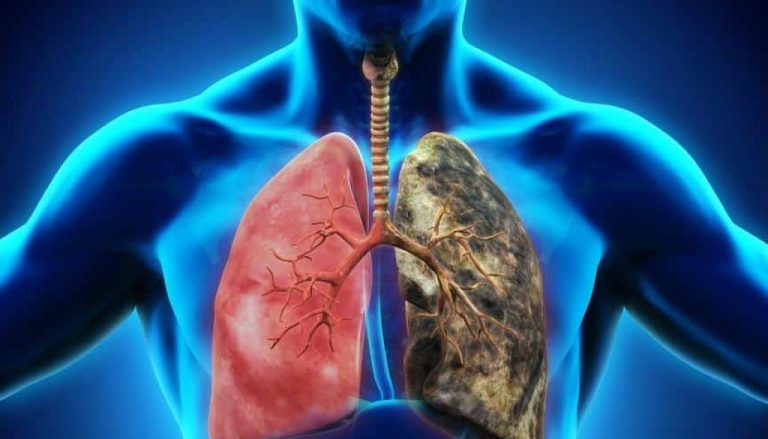Nigeria is experiencing an unusual spell of harmattan-like weather, and health experts are warning people to pay attention to cold-related symptoms such as cough, sore throat, and nasal congestion. They advise Nigerians to manage stress and strengthen their immune systems to stay healthy.
Doctors say the rise in respiratory illnesses in some parts of the country is linked to sudden weather changes caused by climate change.
They explained that the shift to cooler, dry, and dusty conditions—normally seen only during harmattan—has created a perfect environment for the spread of viral infections, especially the common cold.
Professor Tanimola Akande, a Public Health expert at the University of Ilorin, said the common cold is a mild viral infection, mostly caused by rhinoviruses. But he warned that many people confuse it with more serious illnesses like bacterial bronchitis, pneumonia, or influenza.
He explained that normal cold symptoms include sneezing, a blocked nose, and sore throat. But if someone has a long-lasting fever, chest pain, or difficulty breathing, they should seek medical care because it may be a more serious infection.
According to him, the recent mix of cold mornings and nights, hot afternoons, and dusty air is making people more vulnerable to infections. Communities with poor hygiene, little ventilation, and overcrowding are at even greater risk.
“The cold temperature, dryness, and windiness of this weather make people more prone to colds. It’s unusual for this time of year, and climate change is the reason,” he said.
He advised Nigerians to take simple steps to protect themselves, such as washing hands often, staying warm, keeping indoor spaces well-ventilated, and avoiding close contact with sick people.
Professor Akande also stressed the importance of reducing stress. He said too much stress weakens the immune system, making it easier for infections to spread.
“People should rest well, eat healthy meals, stay hydrated, and avoid unnecessary stress. A strong immune system fights off infections better,” he said.
He warned against the misuse of antibiotics, reminding people that antibiotics do not cure viral infections like colds. Using them wrongly could make bacteria resistant and harder to treat in the future.
For those already with cold symptoms, he suggested simple remedies like steam inhalation, nasal sprays, and over-the-counter medicine for relief. But he urged people to see a doctor if symptoms last too long or get worse.
“Antibiotics are not for colds. If you notice fever or breathing problems, seek medical help quickly,” he said.
He also encouraged people to eat fruits rich in vitamins, such as oranges and lemons, and consider supplements like Vitamin C, Vitamin D, and zinc to boost immunity. Regular exercise and good sleep, he added, also help the body fight infections.
Supporting this advice, Tahir Laurat, a licensed community health worker, confirmed that more people are reporting cold symptoms in recent weeks.
Laurat, who works in a pharmacy, said the sudden weather changes—cold mornings and evenings but very hot afternoons, combined with dusty air—are making respiratory illnesses worse.
“People who work outdoors, especially along dusty roadsides, are the most exposed. Many patients complain of sneezing, runny nose, itchy throat, and general body discomfort. It is affecting a lot of people,” she said.
She explained that constant exposure to dust and sudden temperature changes lowers the body’s natural defences, making it easier for viruses to spread.
Laurat warned people not to confuse simple colds with more serious illnesses like pneumonia or flu, which come with higher fever, body pain, and breathing difficulties.
“The dusty weather irritates the airways, and the body becomes weak from the stress. That’s when viruses take advantage,” she explained.
She advised people to dress properly for the weather, drink plenty of water, use face masks in dusty or crowded places, and keep their homes clean and free of dust.
Laurat also reminded Nigerians that stress management is key to staying healthy.
“Simple habits like eating fruits, resting well, and drinking water regularly make a big difference. People should be deliberate about reducing stress, because it strengthens the body to fight infections,” she said.


